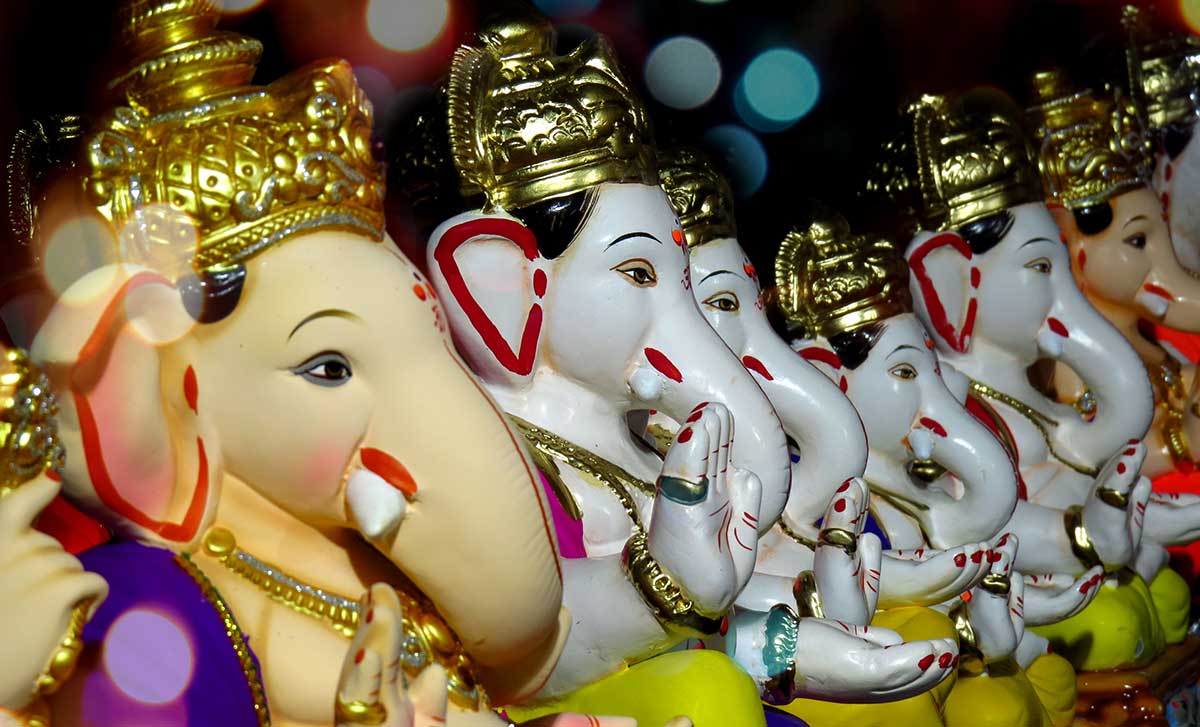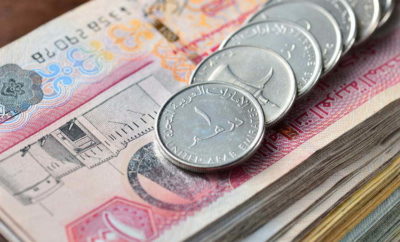Business
Ganesh Chaturthi: Made-in-India Idols in High Demand Abroad

Ganesh Chaturthi celebrations in India and overseas bring in big business for the artisans involved.
For decades now, thousands of idols of the elephant-headed god have been seen across India on the occasion of Ganesh Chaturthi. The extent of celebration of the festival has been increasing every year, not just in India, but abroad as well. With the expanding Indian population outside the country, the business of Ganesha idols has boomed as well.
Idols are shipped from most small towns of India to some of the largest cities in the world, thousands of miles away. Orders from foreign countries mean huge business for idol makers and sellers, since NRI buyers are willing to spend as much as 10 times of the selling price of a statue in India.
Orders from Overseas
“A customer based in California last month ordered a 5-ft idol,” Vikas Singh, a leading idol maker in Dhoolpet, Hyderabad, told the Times of India. The idol was priced at Rs 30,000, but since the cargo charges amounted to about Rs 2.5 lakh, the customer ended up paying nearly Rs 3 lakh for the idol, Singh added.
This year, he has received four orders from Telugus settled abroad — two each from US and Australia, he told the publication.
Another idol-maker Baboo Singh, son of the renowned artisan Sundar Kalakar, recalled how last year he got a contract for a Ganesh idol measuring 11 feet in height from Australia. It was shipped from Chennai.
Eco-friendly Ganeshas
The changes in the raw material being used and the visual appeal are some factors that are drawing the NRI devotees to place orders for the festival in India. In the recent times, eco-friendly Ganesha idols are finding a place in the international market. A Pune-based enterprise, eCoexist, has been shipping Ganesha idols made of papier-mache to different countries since 2013.
“For years, we received requests from devotees abroad who celebrate the festival and would like to have our eco-friendly idols sent to them,” Lolita Gupta, who leads the Ganesh campaign for eCoexist, told TOI. “But our clay idols are heavy and fragile and we were not sure they would survive the journey.”
Business in India
Ganesh Chaturthi has always brought good business for idol-makers in India. They are involved in the preparation throughout the year.
The festival is estimated to generate about Rs 20,000 crore business across the country with 20 per cent Compound Annual Growth Rate (CAGR), particularly in Maharashtra and Telangana, according to a report released by The Associated Chambers of Commerce and Industry of India (ASSOCHAM) in 2105. The paper, ‘Analysing economic boom around Ganeshotsav in India,’ said about 2,000 registered and unregistered Ganpati pandals are set up during the festival in Ahmedabad, while those in Pune are estimated to be over 5,000. In Mumbai, 15,000 small and large pandals and idols are installed, many of which are decorated with real gold and diamond ornaments.
“These pandals draw contributions, donations in various forms like cash including foreign currency, jewellery, sponsorships, paid requests to perform puja by people not only from across India but also overseas,” according to the Assocham report.
For instance, in Hamrapur and the town of Pen in Raigad district of Maharashtra, around 2,500 people work all year in making the idols. They create rubber moulds, fill them with Plaster of Paris, paint and embellish them, and then send them to buyers and vendors.
Hyderabad alone is estimated to generate about Rs 5,000 crore business during the nine-day festival and provides employment to over 20,000 families throughout the year, with the total number of people earning from jobs in unorganised sector such as transportation and associated manufacturing is three times more.
Effect of GST
The implementation of the Goods and Services Tax (GST) by the present government led by Prime Minister Narendra Modi seems to have affected the idol-making business too. With GST, the cost of raw material such as PoP, which is one of the main substance used, has gone up.
“We are forced to increase the prices of Ganesh idols in the new tax regime. Otherwise, we may incur losses,” an artisan told The New Indian Express. Another idol-maker, Bolanath, said the income they get from these idols under the new tax regime is insufficient for them to make a living.
Despite all the hurdles, the fervour of the Ganesha festival seems to remain intact, with people looking forward to the grand processions across India.




You must be logged in to post a comment Login